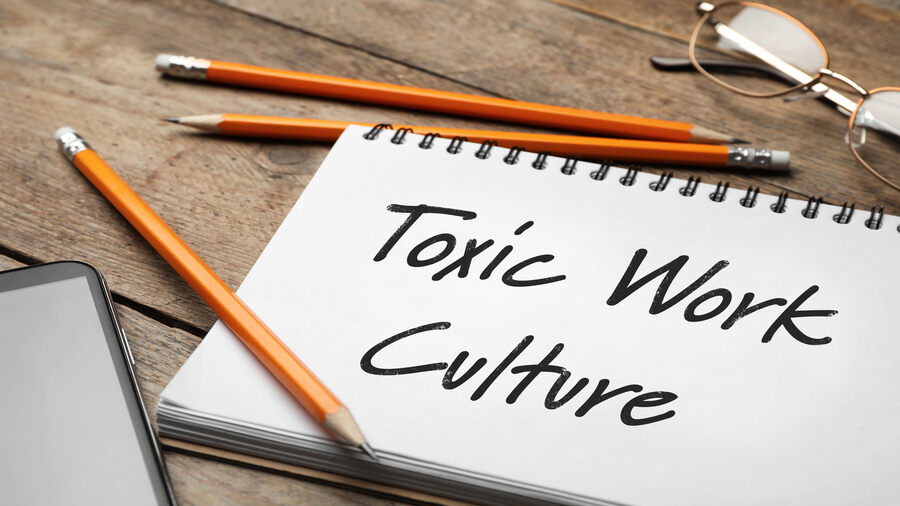The senior official of a private bank who recently went viral for his toxic behaviour is slowly disappearing from social media but workplaces continue to be traumatic for many more people and it is perhaps time to take a look at what causes such behaviour. My Kolkata spoke to some experts to get to the root of the problem.
Personality is hugely responsible
Toxic behaviour can be attributed to three main reasons, according to Anirban Ray, consultant psychiatrist at Jalpaiguri Government Medical College and Hospitals.
First, it could be the personality trait of the individual. Ray said every person has different ways of dealing with problems and that is based on several things, including his life experience and personality. “Every person has different personality traits. Some are anxious, some are calm and some have a short fuse. How a person would deal with a situation is often based on his personality trait,” he said.
Then comes past experience. How a person has seen others around him act and their approach to solve problems.
“Did people around him solve their problems with aggression or by being rude? Or, were people around him more assertive and logical? These things have a profound effect on a person. The way he has seen people around him reacting to a situation while growing up, would provoke him to do the same,” said Ray.
Situations also play a crucial role in one’s behavioural pattern.
Industry culture
Different industries have different cultures and that shapes a person’s behavioural pattern. “If a particular industry has a very competitive and toxic culture and traditionally the industry pushes people with aggression and toxic behaviour, the officials would pick up that trait and start behaving accordingly,” said Ray. Besides, work pressure and corporate culture often make people behave in a certain way.
Situations do matter
Sharmila Mukherjee, a practising psychiatrist, feels that a particular situation also dictates a person’s behaviour. “Usually, a calm person under tremendous pressure of meeting target(s) and saving his job would suddenly start behaving differently. He would perhaps become cranky and shout at other colleagues. A particular situation often changes a person’s behaviour,” she said. A workplace bully, however, is not situational but behavioural. Bullies have often been subjected to such behaviour themselves and they end up repeating the same with others.
Ways to overcome the situation
Communication is the most effective tool for addressing the problem of toxic behaviour, according to Mukherjee. "Often a toxic superior doesn’t realise that he is being toxic. Once confronted in an assertive and logical manner, there are chances that the person would understand his/her mistake(s) and rectify it,” said Mukherjee, adding that the conversation should not end up in a fight.
Gossiping about the situation can also make it worse. “So, do not gossip about your superior(s) with other colleagues. Rather talk to the person directly,” said Mukherjee.
“Like there is no glory in tolerating everything, there is no glory in protesting everything. So, always take a rational decision and draw a line,” Mukherjee added. Finally, if the situation doesn’t improve, raise a complaint and look for a better workplace.

